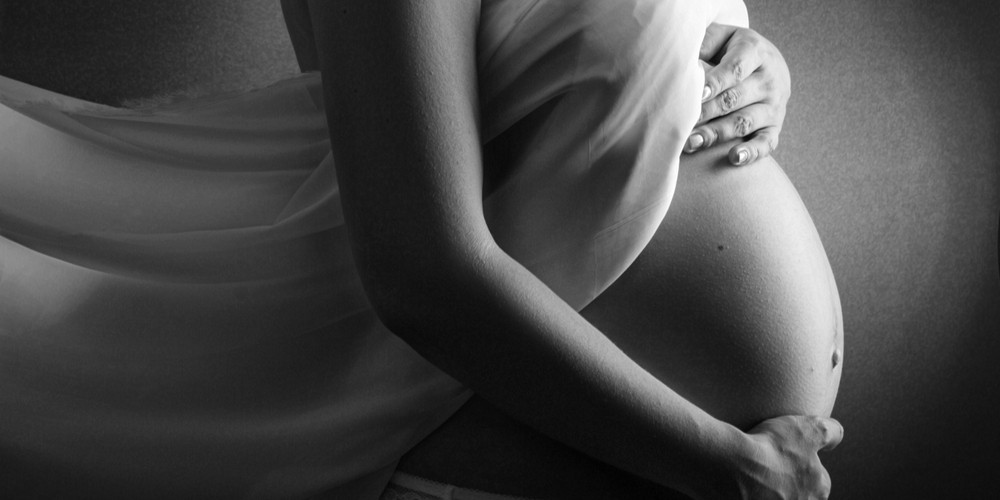
The gallbladder is a small pear-shaped storage organ that’s located just below your liver. It stores extra bile the liver produces and helps the body digest fats. When a person eats a high-fat meal, the gallbladder releases bile to the small intestine. Extra substances can form hard stones in the gallbladder. The gallstones stop bile from leaving the gallbladder and can cause other problems like inflammation (cholecystitis) If it causes severe pain, it can be a medical emergency.
Women are more prone to gallstones, especially Pregnant women are at high risk because their bodies make more estrogen can lead to an increased amount of cholesterol in the bile, and also reduce gallbladder contractions. This slowing of gallbladder contractions during pregnancy is known as cholestasis of pregnancy.
Table of Contents
Cholestasis of pregnancy can increase pregnancy complications, such as
- Premature birth
- Stillbirth
- Passing meconium before birth, which can affect a baby’s breathing
Symptoms
- intense itching
- jaundice
- dark urine
Gallstones may cause the following symptoms. These attacks mostly take place after a high-fat meal and last about an hour
- nausea
- jaundiced appearance
- pain in the upper right or middle part of your stomach where your gallbladder is located
Some pregnant women may develop “silent gallstones,” without any symptoms.
You must seek emergency medical attention if your symptoms don’t go away within one to two hours as they indicate that the gallbladder is inflamed or infected
- dark-colored urine
- jaundiced appearance
- light-colored stools
- nausea and vomiting
- stomach pain that doesn’t go away
- chills with or without a low-grade fever
Treatments
Your doctor may prescribe a medication called ursodeoxycholic acid or ursodiol to women with severe itching related to cholestasis of pregnancy.
Your doctor may induce labour at 37 weeks as cholestasis may complicate pregnancy.
Gallstone treatments
Your doctor may recommend watchful waiting if you are not experiencing extreme symptoms and discomfort. But gallstones that stop the bladder from emptying or cause an infection in the body may need surgery. Surgery during pregnancy isn’t preferred but a woman can get her gallbladder removed safely during pregnancy.
Also Read: Gallbladder Removal & its Side-Effects







